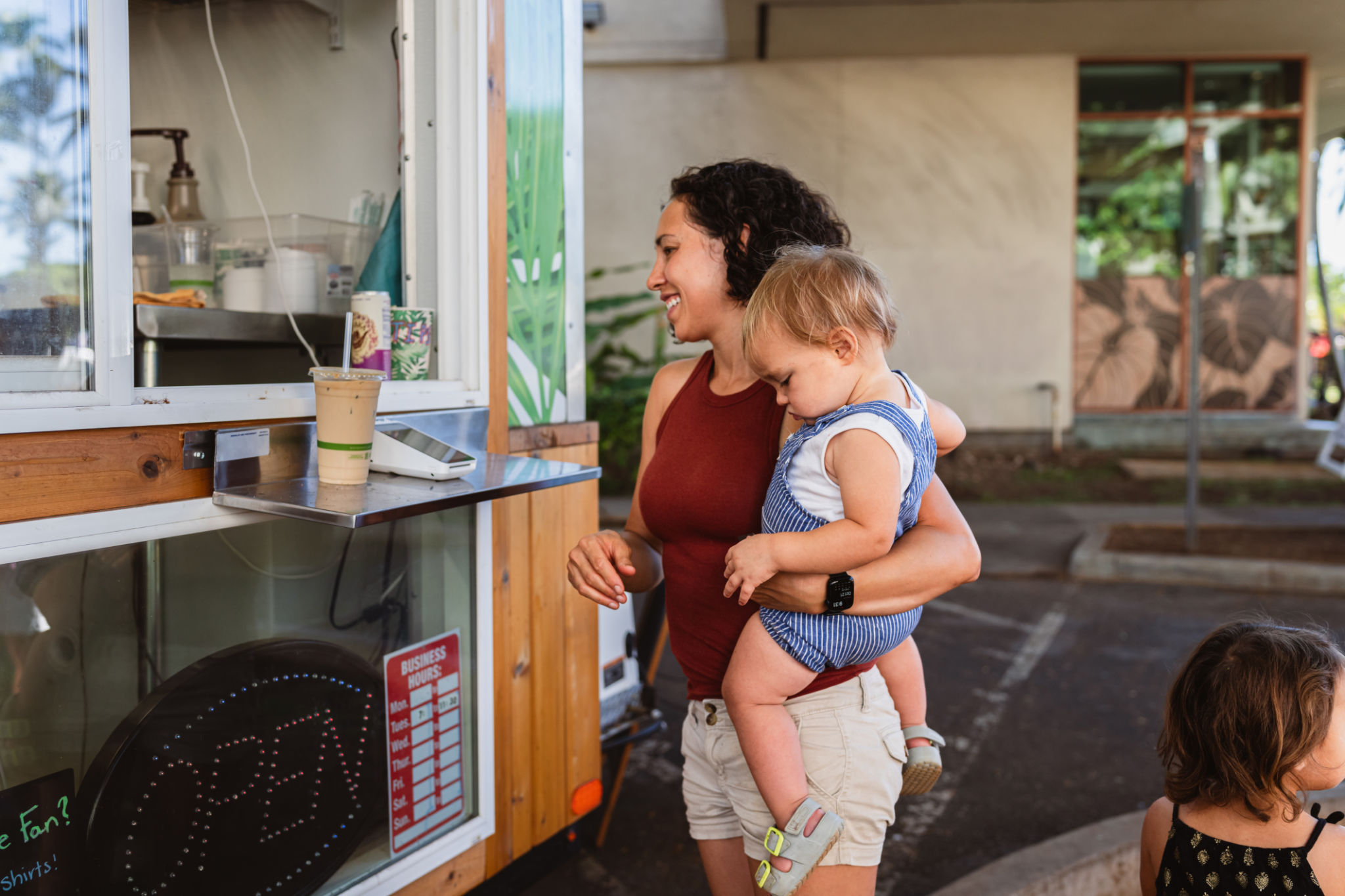Why Food Trucks Are Shaping the Future of Urban Dining
The Rise of Food Trucks
In recent years, food trucks have become a staple of urban dining, offering a unique and diverse array of culinary experiences. As cities continue to expand and evolve, food trucks are playing a crucial role in shaping the future of dining. Their mobility and flexibility allow them to bring delicious meals directly to consumers, often at a fraction of the cost of traditional restaurants.
Food trucks have gained popularity for their ability to provide quick service without compromising on quality. They offer a wide range of cuisines, from gourmet burgers to authentic tacos, satisfying the diverse palates of urban dwellers. This variety not only attracts food enthusiasts but also fosters a vibrant street food culture.

Accessibility and Convenience
One of the key reasons food trucks are shaping the future of urban dining is their accessibility. Unlike brick-and-mortar establishments, food trucks can easily relocate to areas with high foot traffic, such as business districts, parks, and event venues. This mobility ensures that they can reach a larger audience and cater to customers looking for convenient dining options.
Moreover, food trucks often operate with lower overhead costs compared to traditional restaurants. This allows them to offer competitive pricing while maintaining high-quality ingredients and innovative menu items. For busy urbanites, food trucks provide a quick and satisfying meal on-the-go, making them an appealing choice for lunch breaks or casual dinners.
Supporting Local Economies
Food trucks play a significant role in supporting local economies by providing opportunities for small business owners and entrepreneurs. Many food truck operators are passionate chefs or culinary enthusiasts who bring their unique recipes to life. This entrepreneurial spirit contributes to the diversification of the local food scene and encourages creativity in menu offerings.

In addition to supporting small businesses, food trucks often source their ingredients locally, which helps sustain local farmers and producers. This emphasis on local sourcing not only reduces the environmental impact of transportation but also strengthens community ties by promoting collaboration between different sectors of the local economy.
Enhancing Community Engagement
Food trucks have a unique ability to bring people together and foster community engagement. They often participate in local events, festivals, and markets, creating opportunities for social interactions and cultural exchanges. By serving as a gathering point for residents and visitors alike, food trucks contribute to the vibrancy of urban life.
- Food truck festivals
- Community markets
- Cultural events
Their presence at these events enhances the overall experience, providing attendees with diverse dining options while also encouraging them to explore different cultures through food. This sense of community involvement is instrumental in shaping the future of urban dining as it promotes inclusivity and diversity.

Adapting to Trends and Innovations
Food trucks are well-positioned to adapt to emerging trends and innovations in the culinary world. Their smaller size and agile nature allow them to experiment with new flavors, ingredients, and cooking techniques more easily than traditional restaurants. This flexibility enables them to stay ahead of consumer preferences and offer cutting-edge dining experiences.
Furthermore, many food trucks are embracing technology to enhance customer experiences. From mobile apps for ordering and payment to social media platforms for marketing and customer engagement, technology plays a crucial role in streamlining operations and improving service delivery.
A Bright Future for Urban Dining
The growing popularity of food trucks highlights their importance in shaping the future of urban dining. As cities continue to evolve, food trucks will remain an integral part of the culinary landscape, offering innovative dining experiences that cater to diverse tastes and lifestyles.
Their ability to adapt to changing consumer demands, support local economies, and foster community engagement makes them an essential component of modern urban life. As we look to the future, the continued success and influence of food trucks are certain to leave a lasting impact on how we experience food in our cities.
